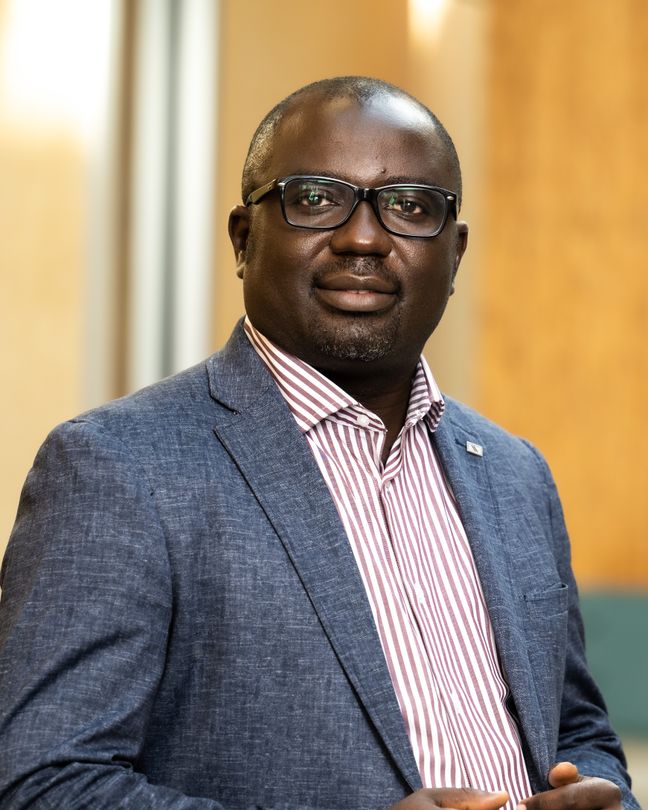Special Sessions

Dr. Jinkai Xue
Associate Professor, University of Regina

Dr. Oliver Iorhemen
Assistant Professor, University of Northern British Columbia
Dr. Xiaomeng Wang
Research Scientist, Natural Resources Canada

Dr. Min Yang
Banting Postdoctoral Fellow
Dr. Xia (Alice) Zhu
Banting Postdoctoral Fellow
Dr. James Brydie
Research Director, Natural Resources Canada

Dr. Qin Xin
Research Scientist, Natural Resources Canada
Dr. Kristin M. Poduska
Professor, Physics and Physical Oceanography, Faculty of Science, Memorial University | Associate Scientific Director, Transforming Climate Action, Ocean Frontier Institute
Dr. Paul Snelgrove
Network Director, NSERC Canadian Healthy Oceans, Network (CHONe II) | Associate Associate Scientific Director, Ocean Frontier Institute | Departmental Science Advisor, Fisheries and Oceans Canada | Research Professor, Department of Ocean Sciences and Biology Department, Memorial University